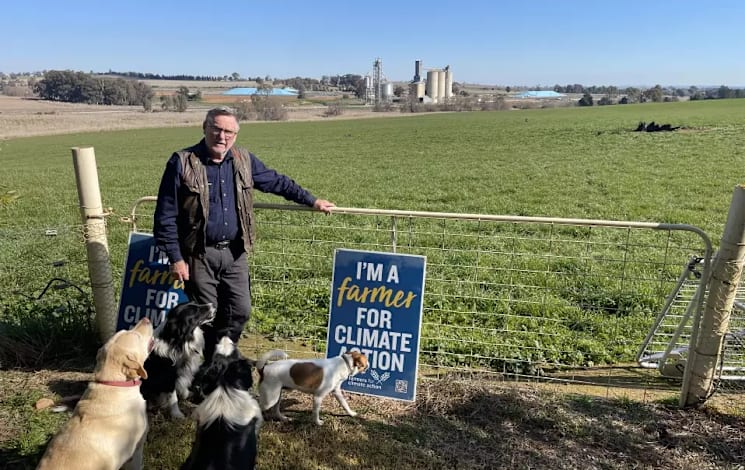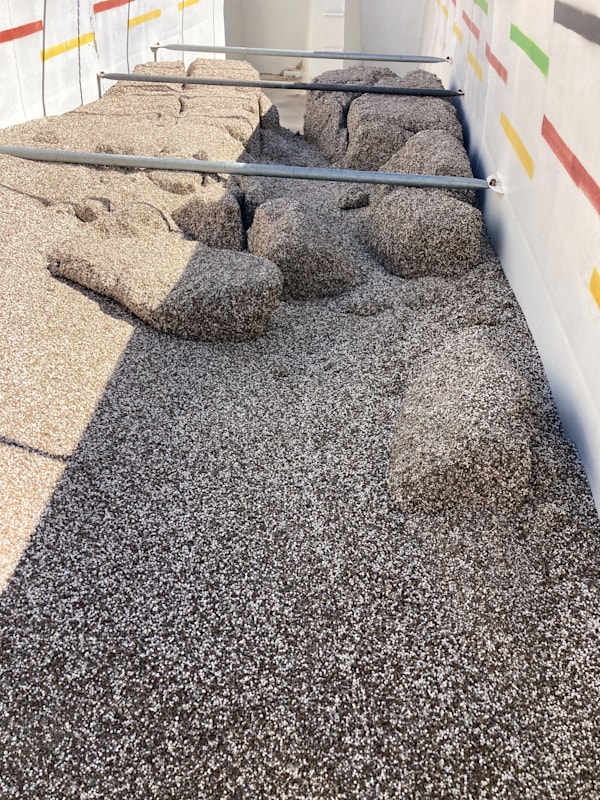According to Farmers for Climate Action (FCA) locals are paying more at the checkout for essentials like fruit, vegetables, beef, bread and coffee and climate change is a key reason why.
A new essay released by FCA and authored by Corporate Value Partners’ Partner Robert Poole, brings together compelling evidence that climate impacts are pushing up food prices through their effects on supply and global markets. The Cost of Climate Change at the Checkout draws on data from across the global food value chain.
Polling conducted in late April by QDOS Research, using a representative sample of 1004 Australians, revealed most Australians already recognised climate change was driving up grocery prices with 65 percent agreeing that climate change is driving up the cost of some fruit and vegetables (14 percent disagree, 17 percent neither agree nor disagree, 3 percent don’t know), 72 percent agree that worsening floods, fires and drought posed a significant threat to farming (11 percent disagree, 14 percent neither, 3 percent don’t know) and 61 percent support accelerating the rollout of clean energy projects (13 percent disagree, 23 percent neither, 3 percent don’t know).
The release of the essay comes as farmers across New South Wales, South Australia and Victoria grapple with the worst drought in years, which has severely reduced pasture and feed availability which is expected to increase meat prices.
Farmers for Climate Action CEO Natalie Collard said it’s time to shift from just acknowledging the cost of climate change to actively addressing its causes.
Latest Stories
“Climate change means more expensive coffee, bread, fruit and vegetables," she said.
"World Bank data shows coffee bean prices have jumped by between 78 percent and 103 percent over the past year due to drought in South America.
“This surge is now flowing through to café prices in Australia, with average coffee prices rising by nearly 40 percent.
"Australians need to understand that droughts, fires and floods — whether here or overseas — directly affect the prices we pay for coffee, beef and bread.”
Ms Collard said extreme climate events were also sending global wheat prices sharply higher.
“Drought across key US grain states Oklahoma, Kansas, Colorado and Texas drove global wheat prices up by 35 percent in 2022," she said.
"That makes bread more expensive in Australia, because our bakers pay global market prices for wheat, just like Australia pays a global price for gas.
“Similarly, beef prices in Australia are affected by droughts in countries like the US and Brazil, which shrink global supply.
"And as grain prices rise, so too does the cost of feeding livestock — again pushing beef prices up.”
She added that climate change is also worsening the spread of diseases that disrupt our food supply chains.
“Avian flu, which has worsened due to changing climate conditions, has caused the culling of millions of laying hens," she said.
"As a result, egg prices have risen by 10 percent over the past year.”
This latest analysis builds on FCA’s Fork in the Road report, which highlighted how climate-driven extreme weather in Australia was cutting off supply routes and triggering fruit and vegetable price spikes, including for bananas.
“We need to stop calling these events ‘natural disasters’ — because they are no longer natural,” Ms Collard said.
Harden mixed farmer and FCA member Peter Holding echoed the sentiments of both Ms Collard and the essay saying that locals will see the affects at the checkout sooner than they realise.
“The effects of global warming on droughts, floods and storms is intensifying and this impacts our production, flowing through to increased prices at the checkout for consumers,” Mr Holding said.
“With the severe floods in Queensland and the increasing drought in South Australia I expect that the price of red meat to the consumer may rise dramatically in another six months.”















